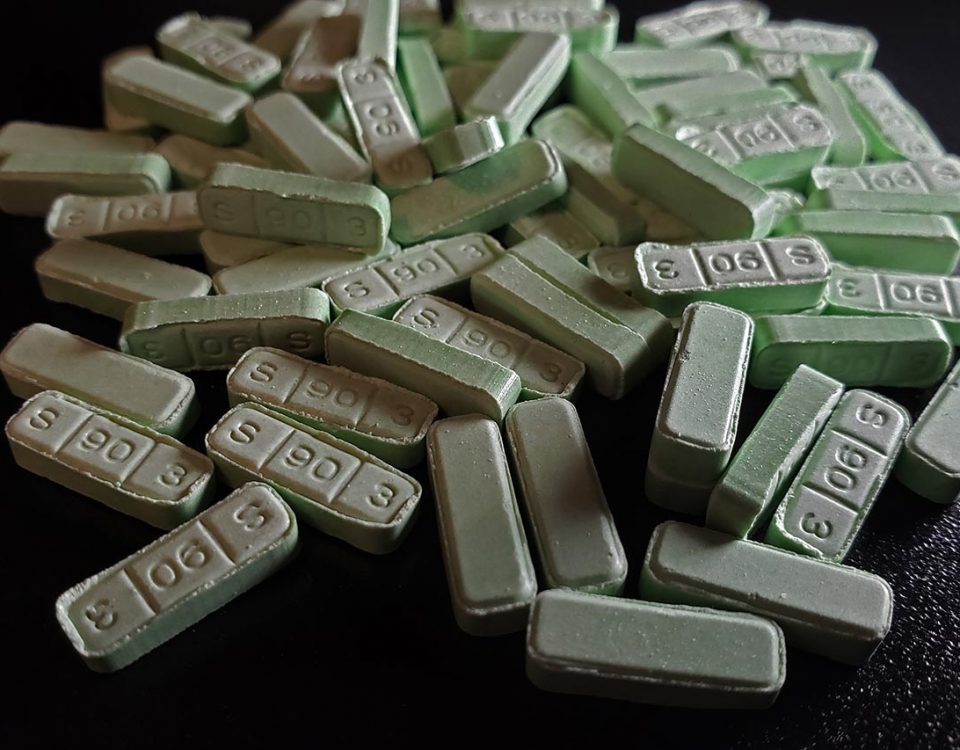Alcohol withdrawal is an unavoidable part of detox, and its symptoms can start within 6-24 hours after you’ve had your last drink.1
Detox symptoms vary from person to person, and detoxing from alcohol can be a medically dangerous process for many people. But without a safe alcohol detox program, it is almost impossible to stop drinking on one’s own. Yes, this can be difficult, but our Banyan rehab in Massachusetts offers a rehab program that can help patients learn how to detox from alcohol in a safe and compassionate environment. We help people from all walks of life achieve the recovery they are after.
The Dangers of Alcohol Withdrawal
During the alcohol detox process, withdrawals can occur. When the body has become used to regular quantities of alcohol and the toxins it builds up, withdrawals can occur when the drinking stops.
Withdrawal symptoms are one of the biggest alcohol detox dangers and can include:
- Rapid heart rate
- Shakes
- Sweating
- Headache
- Tremors
- Confusion
- Nausea
How Long Does Alcohol Withdrawal Last?
Alcohol withdrawal is a complicated process, and how long it lasts will depend on a number of variables, such as the person's level of alcohol dependence and general health. The early stage, the peak stage, and the late stage are the typical divisions of alcohol withdrawal. Although the length of each stage varies from person to person, alcohol withdrawal symptoms often start a few hours to a few days after a person’s last drink and linger for a week or longer.
People may suffer symptoms like anxiety, insomnia, nausea, sweating, and tremors during the early stages of alcohol withdrawal, which typically lasts for the first 24 to 48 hours. The withdrawal symptoms worsen and may include hallucinations, an elevated heart rate, high blood pressure, and confusion as it moves towards the peak stage, which typically happens 2 to 4 days after the last drink. Typically, the peak stage lasts a few days, although it might last up to a week.
Finally, symptoms of alcohol withdrawal gradually go away in the later stages. However, some people may continue to have lingering symptoms for a few weeks, including irritability, exhaustion, and problems concentrating.
Can You Die From Alcohol Withdrawals?
Alcohol withdrawal, especially in extreme circumstances, has the potential to be fatal. Not everyone going through this process is at risk of dying. However, delirium tremens (DT), a disease that poses serious health concerns in some people, can occur. DTs are marked by severe withdrawal symptoms, including hallucinations, seizures, and intense agitation, that usually appear 48 to 72 hours after the last drink. Without prompt medical attention, DTs can result in complications like heart problems, breathing difficulties, electrolyte imbalances, and an elevated risk of infections. These problems, which can be fatal if unchecked, emphasize how crucial it is to get medical monitoring and expert care while going through alcohol withdrawal.
It is important to note that people with a history of heavy, chronic alcohol use, those who have already suffered severe withdrawal symptoms, or those who have underlying medical issues, are more likely to die from alcohol withdrawal. Therefore, in order to secure their safety and receive the necessary care throughout the withdrawal process, those who are dependent on alcohol should speak with a healthcare provider or think about enrolling in a medically supervised detoxification program. With the right medical attention, monitoring, and assistance, the hazards connected with alcohol withdrawal can be considerably reduced, decreasing the possibility of life-threatening complications. That is why at Banyan, we want you to understand how to detox from alcohol.
Alcohol Detox Safety Tips
There’s no quick-fix at-home guide to alcohol detox. The process requires professional support. Safely detoxing from alcohol requires medical care to treat alcohol withdrawal symptoms. Our alcoholism rehab is part of the Banyan Treatment Center family of facilities, including medically monitored detox services that put patient safety at the focus of care. Safety tips for alcohol detox include:
- Seeking medical care for the detox process
- Replenishing lost fluids during detox
- Getting support from doctors for withdrawal symptoms
- Entering a residential treatment program after completing detox
The safest way to detox from alcohol is to do so with medical support from trusted treatment professionals. This is because alcohol withdrawal symptoms can turn deadly without the right medical support on hand. Detoxing from alcohol can seem scary, but with alcohol withdrawal management, you can and will make it through this process. With medical support for detox, you’ll have all the help you need to withdraw from alcohol safely and comfortably.
Quit Drinking Today
Today is the day you can stop the cycle and find your sobriety. Drinking just to feel normal is no way to enjoy your life. There’s another way, and the only way out of alcoholism is through safe alcohol detox programs. After completing treatment, patients can join our alumni recovery program for more support in lifelong recovery.
Recovery starts by calling our Massachusetts addiction treatment center at 888-280-4763. Learn about the alcohol rehab program and how it can help you overcome these challenges.
Source:
- National Center for Biotechnology Information (NCBI) – Identification and management of alcohol withdrawal syndrome
Related Reading









